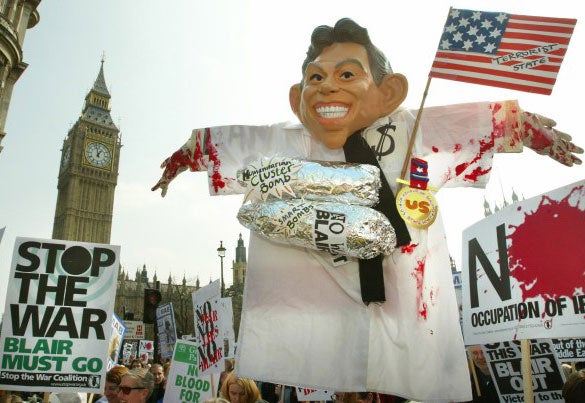Against the Grain: 'We need a new politics of commitment'

Simon Critchley is part-time professor of philosophy at the University of Essex and professor of philosophy at the New School for Social Research in New York. He argues that we need a radically different approach to politics.
Politics in liberal democ-racies has been reduced to economic self-interest and an obsession with security and many people have reacted by disengaging from traditional processes of government. On the one hand we have demotivated citizens opting out of the political process, on the other we have a disaffected jihadist minority, motivated, but on a religious basis.
To remotivate people to act ethically and engage politically we need a politics of commitment, based on a new sense of ethical demands and responsibilities, on conscience. When people recognise that politics is of overwhelming importance not to their self-interest but as something else they will engage.
Some see the only way of engaging and achieving those ethical demands as achieving state power, but you can seize power and fail. In pursuing state power at all costs the Bolsheviks compromised their utopian aspirations and created the most excessive disaster of the 20th century.
The moment one takes up arms against arms one is lost. That's the lesson of the Italian Red Brigades and the Weather Underground in the US. It's exemplified now by groups like al-Qa'ida. Once you use violence you lose popular support. Politics is about building alliances, and violence alienates. A more effective political strategy is the use of humour, with bicycle protests or crowds dressed as ballerinas. In the movement for alternatives to globalisation satire and parody are used as political weapons, as an active, non-violent strategy. Non-violence does not mean being passive or impotent.
This political activity is not within the state in the traditional way but at a distance from the state, between state power and no power. Since the Seattle protests we've seen new forms of representation emerging, among them rights movements and civil society protest groups.
These movements shouldn't be judged on their short-term achievements. Protests have a gradual effect. Take 1968. The alliance between students and workers failed and De Gaulle remained in power, but one felt its effects in the transformation of French life.
Or take the 2003 anti-war movements. They were a crucially important manifestation of the power of protest and dissent, but the war took place anyway. That does not mean that these forms of protest are irrelevant. The Blair premiership and the Bush presidency will be defined by their failure on Iraq because there were so many people on the streets.
Professor Critchley's latest book 'Infinitely Demanding: Ethics of Commitment, Politics of Resistance' is published by Verso
Subscribe to Independent Premium to bookmark this article
Want to bookmark your favourite articles and stories to read or reference later? Start your Independent Premium subscription today.

Join our commenting forum
Join thought-provoking conversations, follow other Independent readers and see their replies